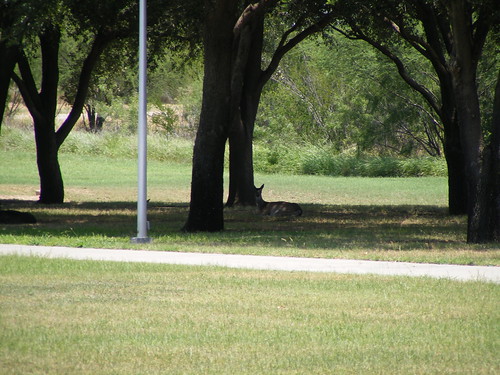If my Facebook feed is anything to judge by, this interview with political science professor Benjamin Ginsburg on the growth of administrative bloat in American universities has struck a bit of a nerve. Ginsburg advances his thesis in a new book, The Fall of the Faculty: The Rise of the All-Administrative University and Why It Matters, due out soon from Oxford University Press.
Inside Higher Ed reporter Dan Berret summarizes the core of Ginsburg’s argument as follows:
[U]niversities have shifted their resources and attention away from teaching and research in order to feed a cadre of administrators who, he says, do little to advance the central mission of universities and serve chiefly to inflate their own sense of importance by increasing the number of people who report to them. “Armies of staffers pose a threat by their very existence,” he wrote. “They may seem harmless enough at their tiresome meetings but if they fall into the wrong hands, deanlets can become instruments of administrative imperialism and academic destruction.”
On the other hand, anonymous community college administrator Dean Dad coincidentally today attributes much administrative growth to regulation and the expansion of information technology, which is at least partially the case as well.
Both accounts, however, seem to leave out the faculty incentive structures that promote bloat, particularly outside the rarefied R1 air at Johns Hopkins and Cornell that Ginsburg has breathed in his career. Simply put, for most tenured faculty at regional comprehensives and other lower-tier institutions, the only route to a higher salary is to join in the administrative featherbedding. The vast majority of faculty post-tenure don’t have the research record to compete for tenured lines at flagships, even if they had the interest in pursuing such an agenda in the first place, and a move up the status hierarchy into a non-tenured position—effectively starting over—is precluded by norms that emphasize, particularly at top-level institutions, gambling on the potential upside of a newly-minted PhD rather than taking on faculty with demonstrated, but perhaps unspectacular, experience balancing teaching and research.
So, the only way out is administration. For the non-ambitiously-mobile without a research record, an administrative appointment is an easy source for an immediate pay increase by getting a year-round contract (which is not as bad as it may sound, as you still get much of the Christmas holiday off and a paid vacation on top of that, making the “12-month contract” effectively closer to a 10–11 month one), on top of a potential pay increase associated with the position itself, and relief from teaching one or more classes per semester—which, at an institution without TAs, may lead to a net workload decrease even accounting for that associated with the administrative appointment. Recognizing this incentive structure, it can’t be surprising that more than a few tenured faculty spend much of their time dreaming up ways to create new administrative positions—program directorships, assistant chair positions, associate deanships, honors and study abroad coordinating positions—with a view to becoming the first incumbent.
What of the upwardly or elsewherely mobile academic? The same incentives apply to them too. Even if you’re not in it for the long haul, creating your own bailiwick and running it for a few years may just be the line on your vita you need to move to a more desirable position. When a small liberal arts college is looking for a study abroad director, or a regional comprehensive needs to hire an outside chair, the record of a “deadwood associate” just isn’t going to cut it, but if you’ve got a few years under your belt directing a boutique program, you can easily spin the lack of productivity post-tenure in research as a “sacrifice” rather than a personal choice.
Structurally there isn’t much to be done to alleviate this problem, absent a strong will from the top to clearly delineate “administration” (supervisory positions worthy of 12-month appointments) from “extensive faculty service” (positions largely centered on work during the academic year worthy of release time and/or stipends for summer work, but often receiving neither in the current climate) and shift as much of the former to the latter category. But as long as service remains woefully undervalued relative to the time it takes, even non-ambitious faculty will quite sensibly—at least from their own perspective—push back and ally themselves with others with more pecuniary motives.
![Welcome to Signifying Nothing [Signifying Nothing]](/local/memlogo-1.png)

